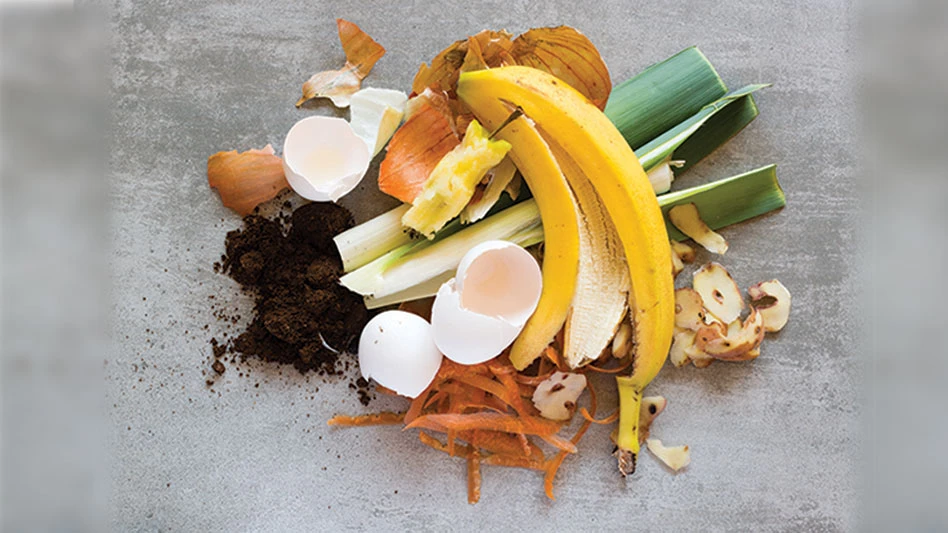
Photo provided by Adobe Stock
Researchers at Purdue University Northwest in Hammond, Indiana, have developed a process that converts food waste into what they call sustainably produced hydrogen suitable for the hydrogen energy market.
“The process uses food waste to biologically produce hydrogen that can be used as a sustainable energy source for producing electricity, as well as for chemical and industrial processes or as a transportation fuel,” states Purdue University Northwest.
The university has signed a memorandum of understanding (MoU) with Moonshot Hydrogen, a company newly formed in the Houston area and co-founded by energy industry veteran Rene Ramirez.
Moonshot signed the MoU with the Purdue Innovates Office of Technology Commercialization to help develop and fund the first operating commercial pilot to be built in Indiana and scheduled for completion next spring.
“We anticipate strong demand for this technology in North America and abroad to improve circularity in the waste streams for municipalities as well as other large commercial and agricultural generators,” Ramirez says.
Ramirez calls the process a “best first option” for creating low-cost hydrogen from organics without the need for associated fossil fuels.
Purdue University Northwest professors Robert Kramer and Libbie Pelter and Purdue University professor John Patterson are credited with creating the hydrogen-producing process.
Latest from Waste Today
- Quest Resource posts Q4 loss, names new CEO
- Indianapolis awards solid waste contract, updates recycling drop-off program
- Kent County, Michigan, highlights hazardous waste disposal programs
- Viably, Turmec partner on Ohio installation
- EPA plans to revisit numerous environmental, climate regulations
- Miami-Dade Innovation Authority launches fifth Public Innovation Challenge
- Fornnax wins Green Innovation of the Year award
- Louisiana city launches glass recycling program





